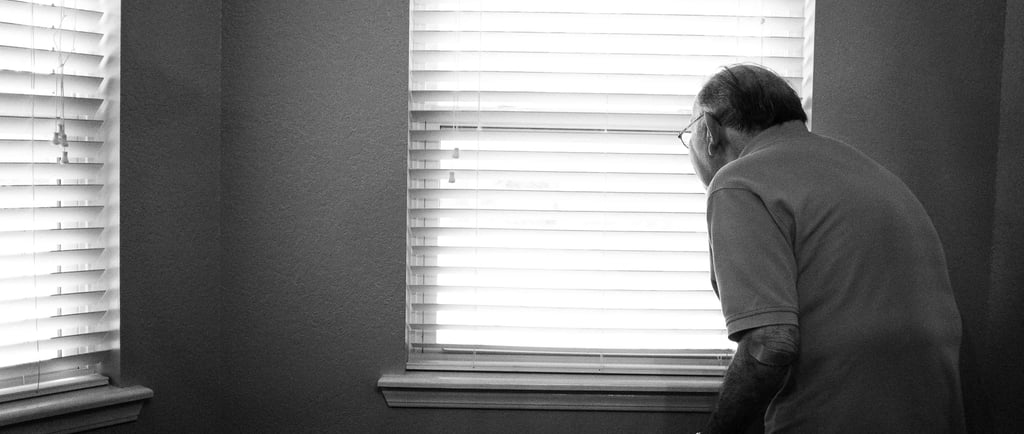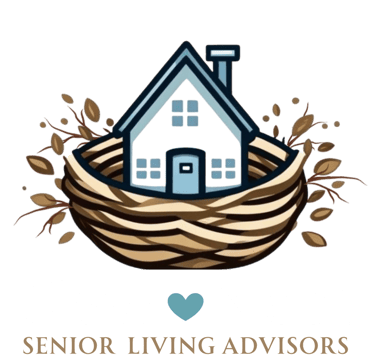When Is It Time for Assisted Living? 7 Key Signs to Watch For
4/1/20252 min read


Deciding when to move a loved one into assisted living is never easy. It’s a deeply personal and emotional decision—and for many families, it comes with uncertainty and concern. But recognizing the early signs that extra support may be needed can help ensure your loved one stays safe, healthy, and connected.
Here are seven common signs that it might be time to consider assisted living.
1. Difficulty with Daily Activities
Is your loved one struggling with things like dressing, bathing, eating, or taking medications? These are known as Activities of Daily Living (ADLs), and they’re essential for maintaining independence. If they’re having trouble managing these tasks on their own, it may be time to explore outside support.
🔎 The CDC reports that older adults make over 600,000 emergency room visits annually due to medication issues alone (CDC).
2. Frequent Falls or Mobility Issues
Falls are one of the leading causes of injury in older adults. If your loved one has had a recent fall—or seems unsteady when walking—this could be a serious safety concern. Assisted living communities are designed to reduce fall risks and offer help when needed.
3. Declining Hygiene or Home Care
Is the laundry piling up? Is your loved one wearing the same clothes for days? An untidy home or lack of personal grooming may mean they’re having difficulty keeping up. These are often early warning signs that more support is needed day-to-day.
4. Poor Nutrition or Unexplained Weight Loss
You might notice your loved one skipping meals, eating mostly snacks, or relying on outdated or expired food. Poor nutrition is common among seniors who live alone—and it can have a big impact on health. Assisted living communities typically provide well-balanced, chef-prepared meals tailored to individual dietary needs.
5. Social Isolation and Loneliness
Social isolation isn’t just sad—it’s dangerous. According to the National Academies of Sciences, Engineering, and Medicine, nearly 1 in 4 adults over 65 are socially isolated, which can increase the risk of depression, dementia, and even heart disease
Assisted living communities offer regular social activities, communal dining, and a built-in support network—giving residents daily opportunities to connect and belong.
6. Caregiver Burnout
Are you feeling overwhelmed as a caregiver? You’re not alone. Taking care of a loved one can be deeply rewarding—but also physically and emotionally exhausting. If you’re burning out, or if their needs exceed what you can safely manage at home, it may be time to explore professional care options.
7. Worsening Health or Chronic Condition
Is your loved one managing multiple health issues? Are they missing doctor’s appointments or forgetting medications? Chronic illnesses—like heart disease, diabetes, or early-stage dementia—often require closer oversight. Assisted living facilities provide regular monitoring, medication management, and access to medical support when needed.
Final Thoughts
Recognizing these signs early can help you take a thoughtful, informed, and compassionate next step. Assisted living doesn’t mean giving up independence—it means gaining peace of mind, safety, and a supportive environment where your loved one can truly thrive.
🗨️ Thinking it might be time? We’re here to help. Contact us for a free consultation and personalized guidance to find the right fit for your loved one.
HOURS
Monday - Friday
9:00a.m. - 6:00p.m.
24/7 For Urgent Needs
Phone
918-609-3622


